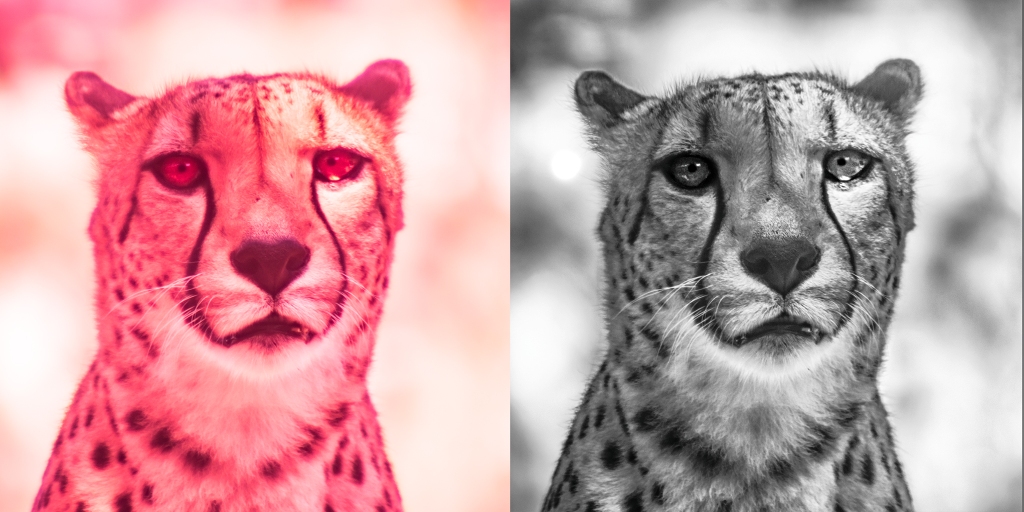- Joined
- Jun 6, 2013
- Messages
- 1,013
- Reaction score
- 960
- Country
- United Kingdom
Well we have certainly been quiet, and that’s completely on purpose. We don’t want to announce things that aren’t ready and over hyped, but I also understand that people are genuinely interested in the product and want to know. I was a little bit foolish in ‘teasing’ on DCT about a new feature but I believe we are ready to announce something that is new.
Our next camera will have a light sensor.
Yep – a bit anti-climatic, how is that going to be good? What does that even do?
Well it’s not revolutionary but evolutionary. Image quality is Queen and that’s what our next camera is focused towards. The light sensor allows us an unprecedented tool for changing and altering the image quality quickly and accurately. We can take averages, spot metering’s, further readings, and so much information and as such we have implemented a system that tweaks, contrast, saturation, white balance, RGB, ISO, sharpness and all literally within microseconds.
However, why we introduced the light sensor was for one simple reason. The Timed Mode needs an upgrade, and as such our timed mode will become automatic (if you choose it to be). This means it will detect when conditions are dark and switch to the best settings. It can now distinguish between dark city and dark country (no lights). Before people raise the issue of tunnels, we have anticipated this problem and put redundancies in place, these redundancies will need to be thoroughly tested which is where our beta testers come into play.
There are so many possibilities we have for a light sensor that we want to do, but we won’t be announcing these features until they are implemented and full tested. I understand this is not a huge feature, but I hope it gives you an idea on what we are working on.
As soon as we can announce new features we will J
Kind regards,
Dan
Our next camera will have a light sensor.
Yep – a bit anti-climatic, how is that going to be good? What does that even do?
Well it’s not revolutionary but evolutionary. Image quality is Queen and that’s what our next camera is focused towards. The light sensor allows us an unprecedented tool for changing and altering the image quality quickly and accurately. We can take averages, spot metering’s, further readings, and so much information and as such we have implemented a system that tweaks, contrast, saturation, white balance, RGB, ISO, sharpness and all literally within microseconds.
However, why we introduced the light sensor was for one simple reason. The Timed Mode needs an upgrade, and as such our timed mode will become automatic (if you choose it to be). This means it will detect when conditions are dark and switch to the best settings. It can now distinguish between dark city and dark country (no lights). Before people raise the issue of tunnels, we have anticipated this problem and put redundancies in place, these redundancies will need to be thoroughly tested which is where our beta testers come into play.
There are so many possibilities we have for a light sensor that we want to do, but we won’t be announcing these features until they are implemented and full tested. I understand this is not a huge feature, but I hope it gives you an idea on what we are working on.
As soon as we can announce new features we will J
Kind regards,
Dan

